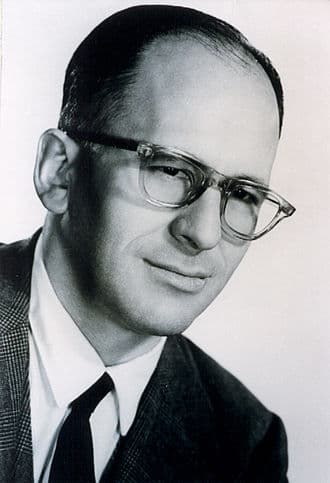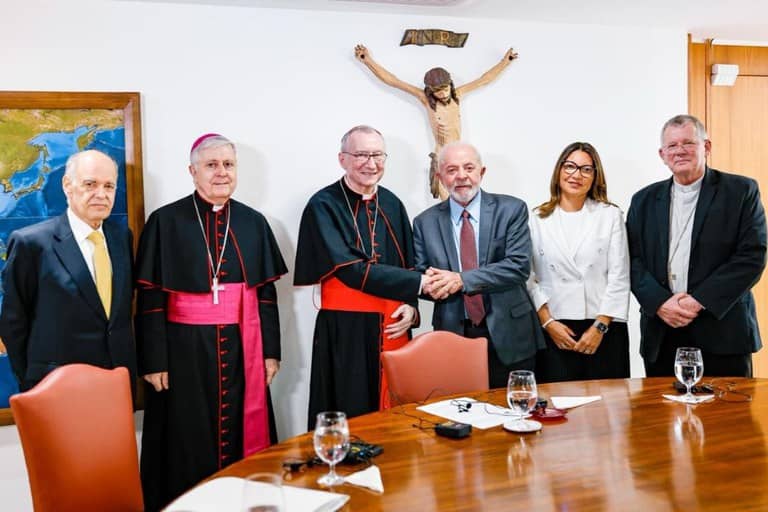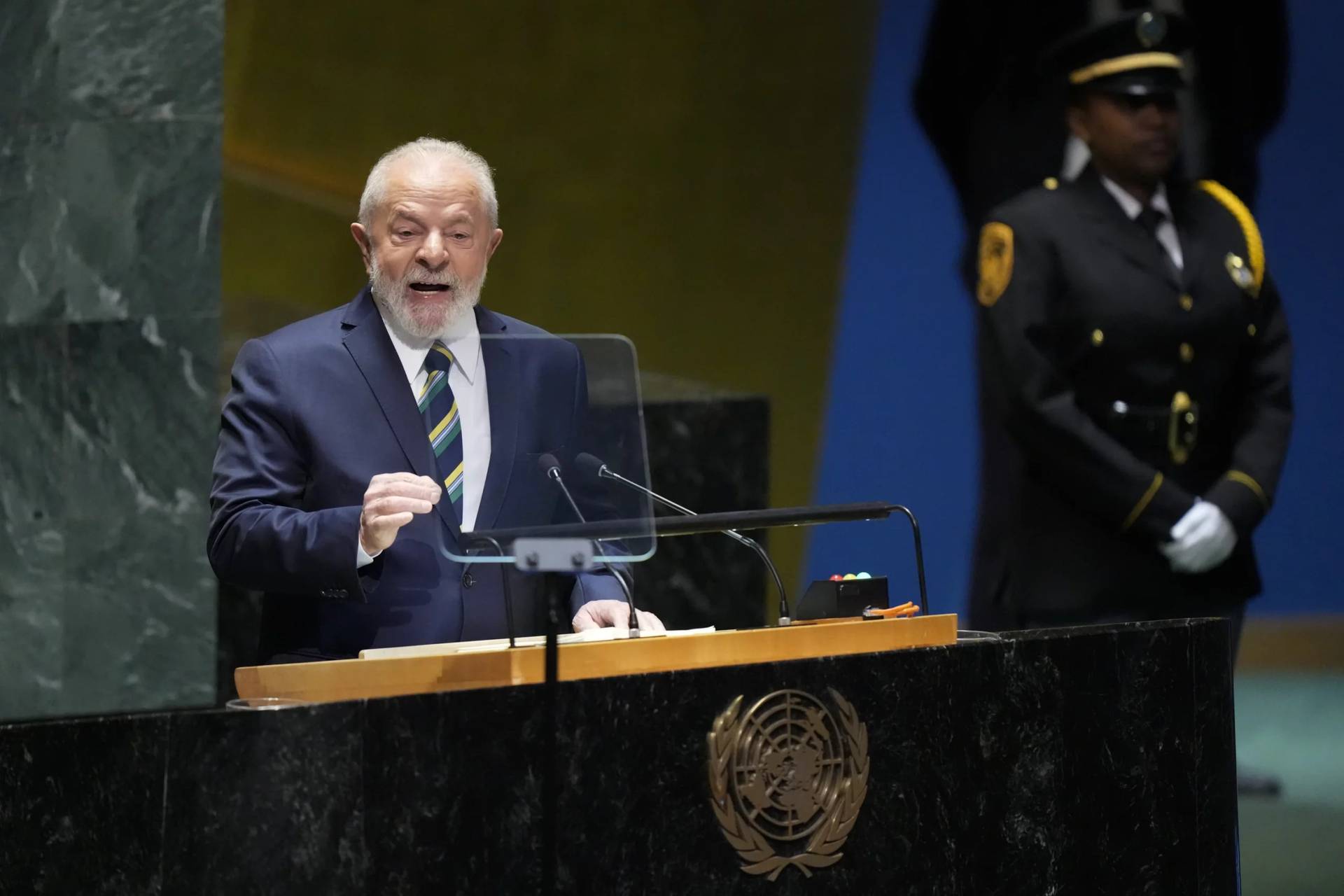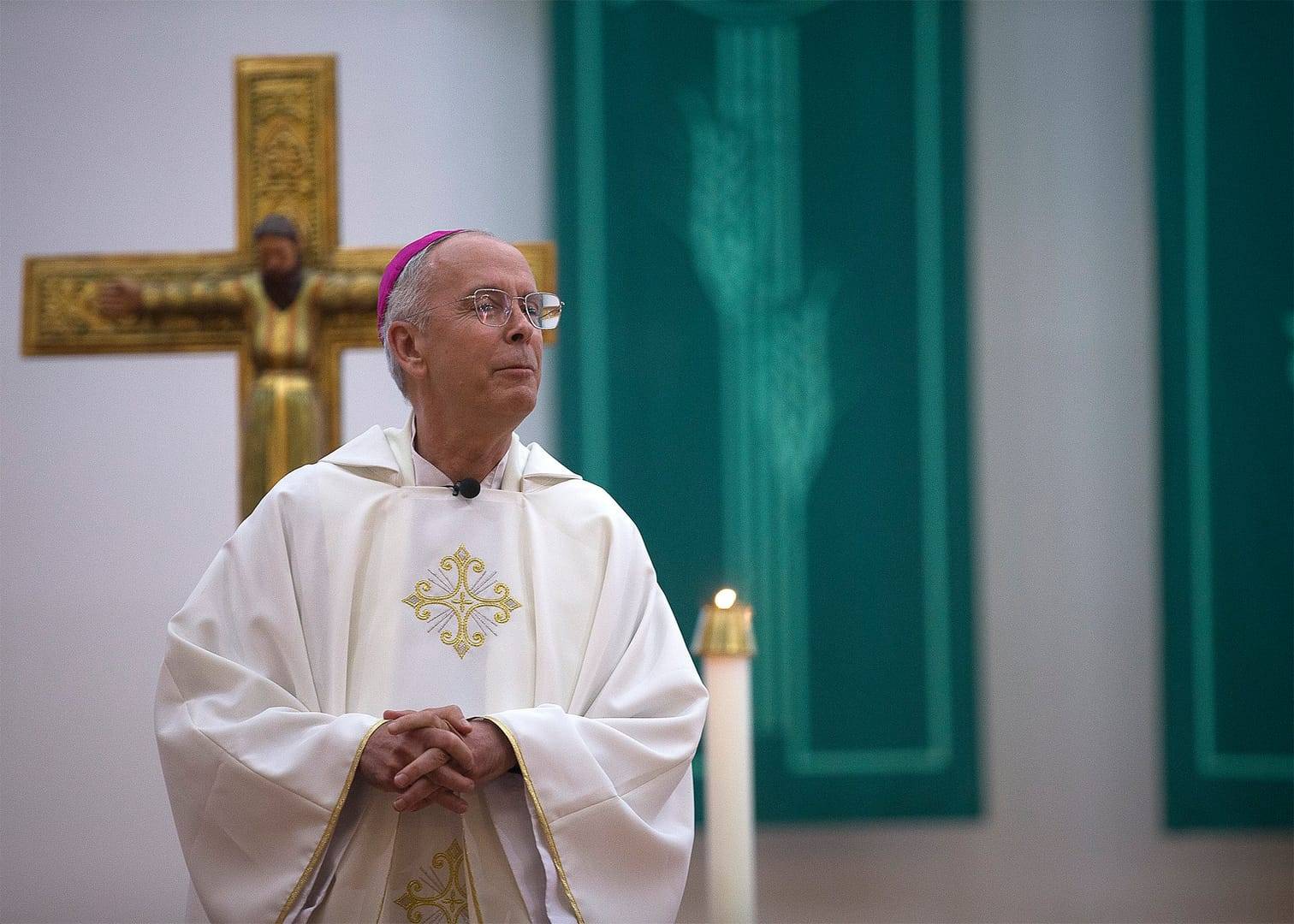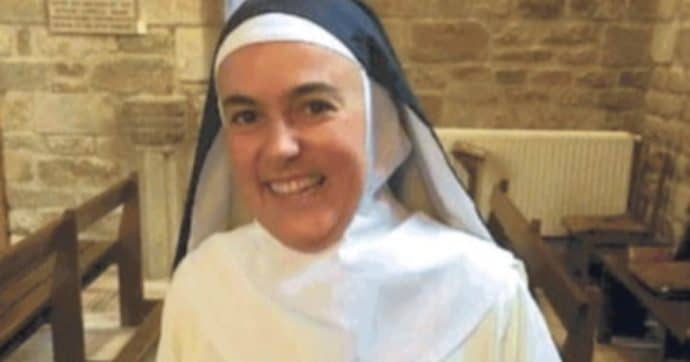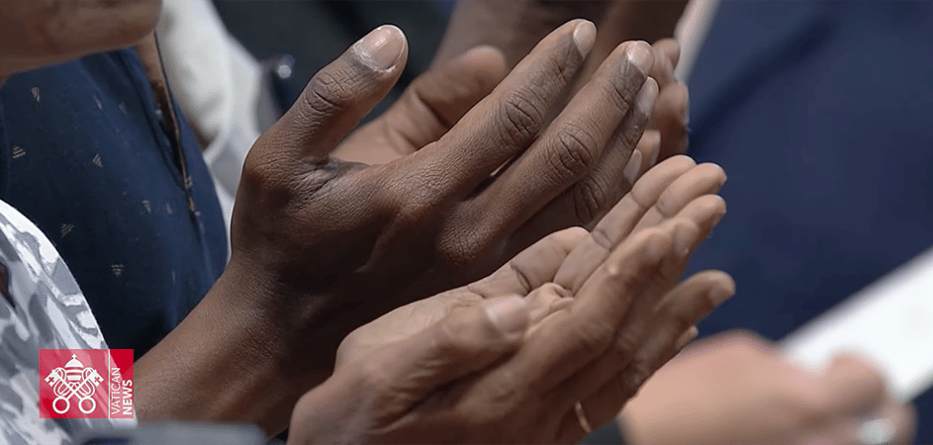ROME – Born in 1921 in the Ritz hotel in Paris to Argentine parents, Enrique Shaw was an over-achiever from the beginning. To this day, he remains the youngest graduate of Argentina’s naval school, and, by the time he retired at the age of 24, he was a full lieutenant.
He founded Argentina’s Christian Association of Business Executives. Inspired by the formation he received at the Harvard Business School – where he studied, by the way, upon invitation, since he never applied – he also helped found his country’s Pontifical University.
In between, he became the CEO of his wife’s family industry, Rigolleau Glassworks, fathered nine children, headed the male branch of Argentina’s Catholic Action, and helped found the local Caritas office. At his company, Shaw established a pension fund and a health care system to provide the 3,400 workers, offering medical service, financial support in case of illness, and loans for important life events such as marriage, birth, and death.
All this before he died of cancer at the age of 41, after a six-year battle. Some 260 of the laborers of the company he led donated blood to help the man who knew them by name, often asked about their families, and always had a little notebook in hand to write down any specific requests an employee might have.
Shortly before his death, he said farewell to the workers, thanking them for the blood donations: “I can tell you that now almost all the blood that runs through my veins is workers’ blood. I am thus more than ever identified with you, whom I have always loved and considered, not as mere executors, but also as executives.”
On Saturday, with Pope Francis’ greenlight, the Catholic Church declared Shaw venerable, meaning he’s two miracles away from being declared a saint. Even though the Argentine pontiff avoided interfering with the cause, he did keep a “close eye” on it, according to fellow Argentine Silvia Correale, a canon lawyer and co-postulator of Shaw’s sainthood cause.
“I know that several times he asked about Shaw’s cause,” Correale told Crux Saturday evening. “He didn’t get involved, so that there would be no doubt hanging over the cause, but he asked about it more than once.”
Though there are those who sotto voce claim then-Cardinal Jorge Mario Bergoglio, Archbishop of Buenos Aires, wasn’t originally convinced that a businessman could be a saint, the truth is that it was at his request that the man he would later handpick to replace him, now Cardinal Mario Poli, opened Shaw’s diocesan cause.
Correale also said Francis once acknowledged he had asked for Shaw to intervene in a “special intention.” Jokingly, but not completely out of the realm of the possible, she ventured that the pope probably wanted the businessman to intervene in cleaning up the Vatican’s finances.
In 2015, in an interview with Mexico’s Televisa, Francis spoke about Shaw, saying: “I am carrying forward the cause for the beatification of a wealthy Argentine businessman, Enrique Shaw, who was rich, but who was a saint.”
Shaw spent most of his childhood in Argentina, but once, together with his brother and father – Shaw’s mother died when he was 4 – they spent a year in the United States, where Shaw received confirmation. Though his father was a non-practicing Catholic, he upheld a promise he’d made to his dying wife of raising their children in the faith.
Shaw would go back to the United States in 1945, on an assignment from the Argentine Navy, which wanted him to study meteorology. Upon his arrival in New York, the same day WWII ended, he had a change of heart: According to Correale, during the trip from Buenos Aires to the United States he had several conversations with Monsignor Reynold Hillenbrand of Chicago, who made him see that Shaw would never be seen as “just another worker,” but could make a difference by becoming a businessman.

Together with his wife, Sara Bunge, Shaw headed to Corning, where Bunge was born, and spent a year learning the trade in Corning Glass, partner with Rigolleau. When the family went back to Argentina, he began working in the family business and soon became general director.
Sara Critto, one of Shaw’s many grandchildren, told Crux that her grandfather “considered business as a community of life. It’s an economic reality that presents itself as a system of resources organized in order to produce and sell goods or services in an environment that surpasses it, the market, to satisfy authentic human needs.”
“It’s a human reality of work that must contribute to unite and develop people and to the common good of the society in which it is inserted,” Critto said of Shaw, a man who more than once made decisions that were perhaps not the best for his company because the opposite one would have been bad for his country. “He believed that the company’s objective is to maximize positive results in all dimensions.”
In an attempt to explain who her grandfather was, Critto went straight to his writings, including several personal notebooks that made their way into the sainthood cause.
“Do we think more about the people than about the company?” he wrote in the fifth of his notebooks. “In dealing with our employees, are we, for example, more sympathetic? Have we put aside hatred, even for deeds or persons who, without cause, have harmed us?”
“Jesus, who had so much to teach us, told us of Himself: Learn from Me, for I am meek and humble of heart,” Shaw wrote.
Though Shaw died in Buenos Aires, and, as such, the diocesan case for his sainthood cause originated in Argentina’s capital, it was sent to Rome by the country’s military ordinariate. As the military bishop of Argentina, Santiago Olivera then became the other co-postulator of the sainthood cause.
Speaking with Crux, the prelate began by praising Shaw for the example he set as a father and husband, a particularly needed model this year, when the Catholic Church celebrates the year of the family and of St. Joseph, both at Francis’ request.
“He was an exemplary model during his seven years as a member of the Argentine Naval Academy and, obviously, a businessman with a solidarity and an understanding of the economy that led him to think about the dignity and development of his workers,” Olivera said, noting that Shaw’s model today could be defined as “social economics.”
The bishop said that seeing Shaw as a role model is an invitation to think about living a life in an “Gospel key, seeking God’s will and seeing one another as siblings.”
“In this time of misunderstandings and of so many labor needs, he is a point of reference for fraternity and for strengthening the culture of work,” Olivera said. “He was a man who was rich for his solidarity and fraternity.”
Father Juan Miguel Shaw is an Opus Dei priest based in Mombasa, Kenya, and is one of the youngest of the Shaw’s. He told Crux via email that his father “shows how Christian holiness, with its array of wonderful human and supernatural virtues, can overcome any conflict of interests at the workplace.”
“The oppositions labor vs. capital and trade unions vs. management fade away in the light of his holy life,” he said, defining his father’s legacy as a “strong message for entrepreneurs to be ready to sacrifice. For my father to enter the corporate world he had to sacrifice his career in the Navy – and I am a witness of his love for it till his death. He entered the family business as a call from God, and his reply was a full ‘Yes’.”
The process to declare Shaw a saint could take years. A miracle attributed to his intercession is already being studied in Rome, but a second is needed for a sainthood recognition.
But if it does happen, this Argentine will become the first saint businessman since St. Homobonus, a 12th century Italian merchant who’s the patron of businesspeople, tailors, shoemakers, and cloth workers.
Yet this venerable’s life, as Father Shaw argued, is already a “great encouragement for the Church, the country, the corporate and trade union world, and for the navy.”
Follow Inés San Martín on Twitter: @inesanma
